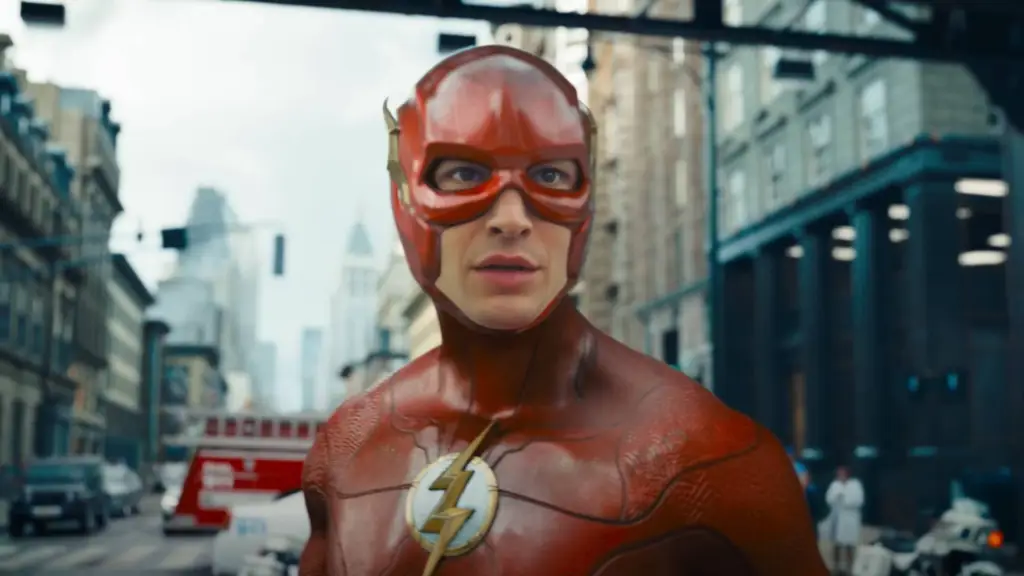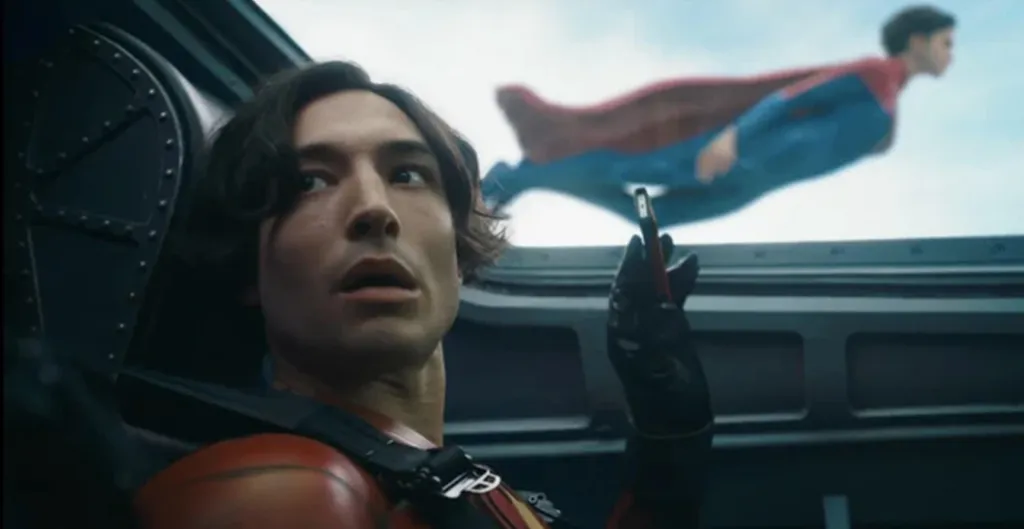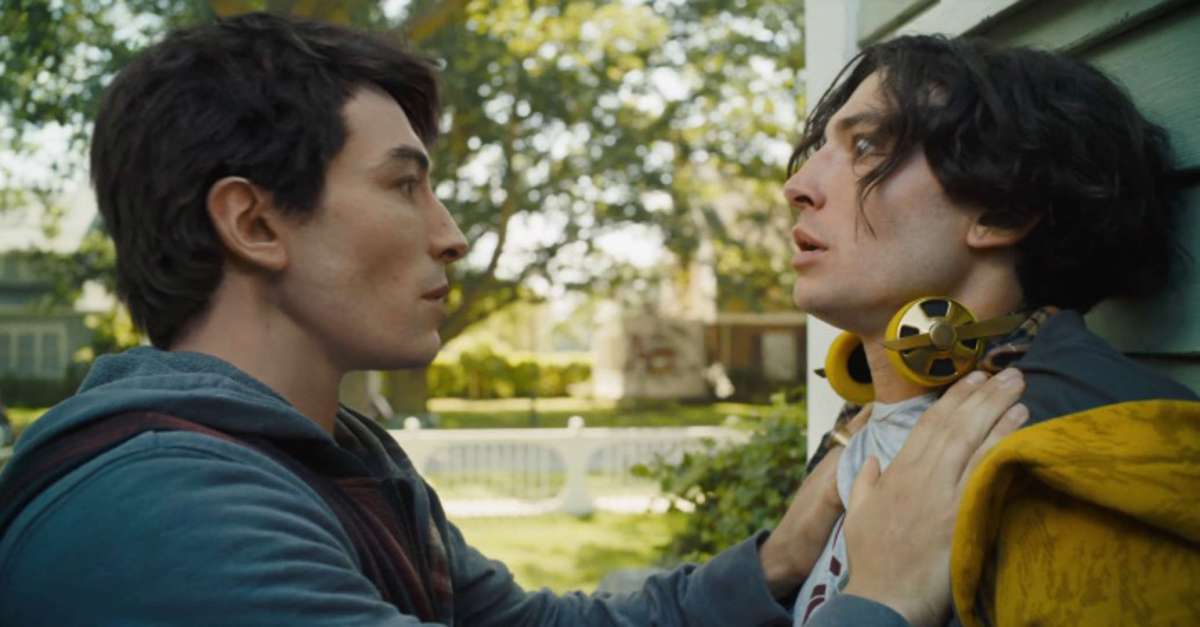This article contains spoilers for The Flash in its discussion of coping with trauma.
Scars are important for many reasons. They remind us of the dangers we’ve faced in our lives and how we’ve survived them. They can be both external and internal, and in the case of superheroes, they are instrumental. Where would the world be if Bruce Wayne didn’t lose his parents? How many innocent lives would be lost if the trauma that spurred on Peter Parker didn’t exist? Would Scadrial have been freed had Kelsier not suffered in the Pits of Hathsin?
These are the kind of questions at the heart of The Flash, and it is the importance of scars and trauma and how you deal with them that truly makes a hero. I have found over the years that Barry Allen is quite the broken character. He has put up with so much in his life, all of it stemming from a prominent trauma in his life, the death of his mother.
On that day he lost not one but both parents as his father, Henry Allen, was charged with her murder. From that point on Barry defines himself by that moment. He couldn’t make friends; he couldn’t have a life. Instead, his whole life becomes a mission to find a way to prove his father’s innocence and try to heal that wound. Then the impossible happens and he becomes the fastest man alive.

After some adventures with goddesses and billionaires, Barry ultimately decides in The Flash to use his powers to go back in time and save his mom. In doing so, he inadvertently creates a new world, one that is both familiar and unrecognizable. There he meets an unblemished and, in his eyes, unspoiled 18-year-old Barry Allen. This kid is pampered and wildly obnoxious. He’s also infectiously excitable, likely stemming from a wonderful childhood where he was able to grow up in a loving home unaware of the gift of family he has been given.
As the two go out on their journey to save this new world and get Barry back to his home, they each face emotional challenges that change them both. Older Barry comes to the realization that he needs to move on with his life, that he has no right to play God and that he has caused immeasurable damage and must stop. He has to fix what he broke. It’s a horrible decision, having to etch that scar back onto his heart.
Meanwhile, young Barry can’t handle the powers he has, mixed with the devastation around him. His particular arc in the film is that of a child trying to come to terms with loss and how he deals with it. The film comes up with several interesting ways to showcase this. The most interesting one is the visual theme surrounding young Barry. From the moment he meets older Barry, he becomes dirtier and dirtier. At first, he was a clean and pristine child.

As The Flash goes on, he gains new and more disturbing scars, and due to the rapid nature of each trauma to his mind and body, he falls apart. He learns all the wrong lessons from his older counterpart. Without having previous trauma and the lessons drawn from them, he takes the simplest road when faced with challenges, the road that an excitable child realizing he may lose some of his new toys would take without thinking of the consequences. It leads to utter destruction and a disturbing new Barry, made of nothing but shrapnel, blood, and good intentions.
To me, The Flash is a fascinating examination of the trauma of a hero and how it defines them. It resonated with me on a personal level due to my own regrets and what I would wipe from the board if I could. The lesson is quite impactful, in my opinion. Embrace your scars, understand them, but don’t let them define you. It’s what makes this genre of fiction such a compelling one because we can learn so much from these heightened moral tales. You can see more explorations of trauma and the heroes born from them in many films, most recently in Spider-Man: Across the Spider-Verse.
It’s honestly one of the most fascinating themes that I find can come out of stories that touch on what makes a hero a hero.






Published: Jun 20, 2023 12:00 pm